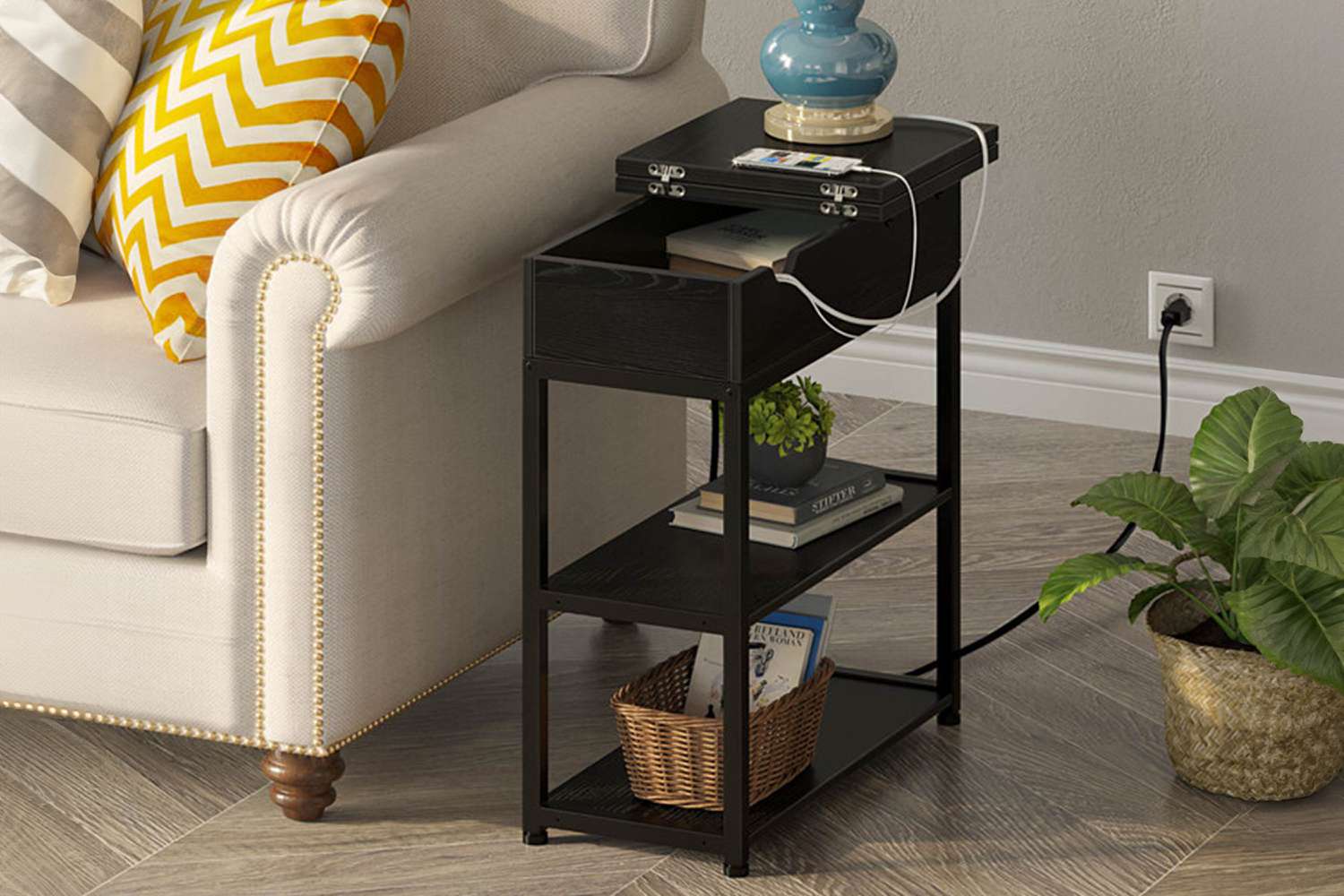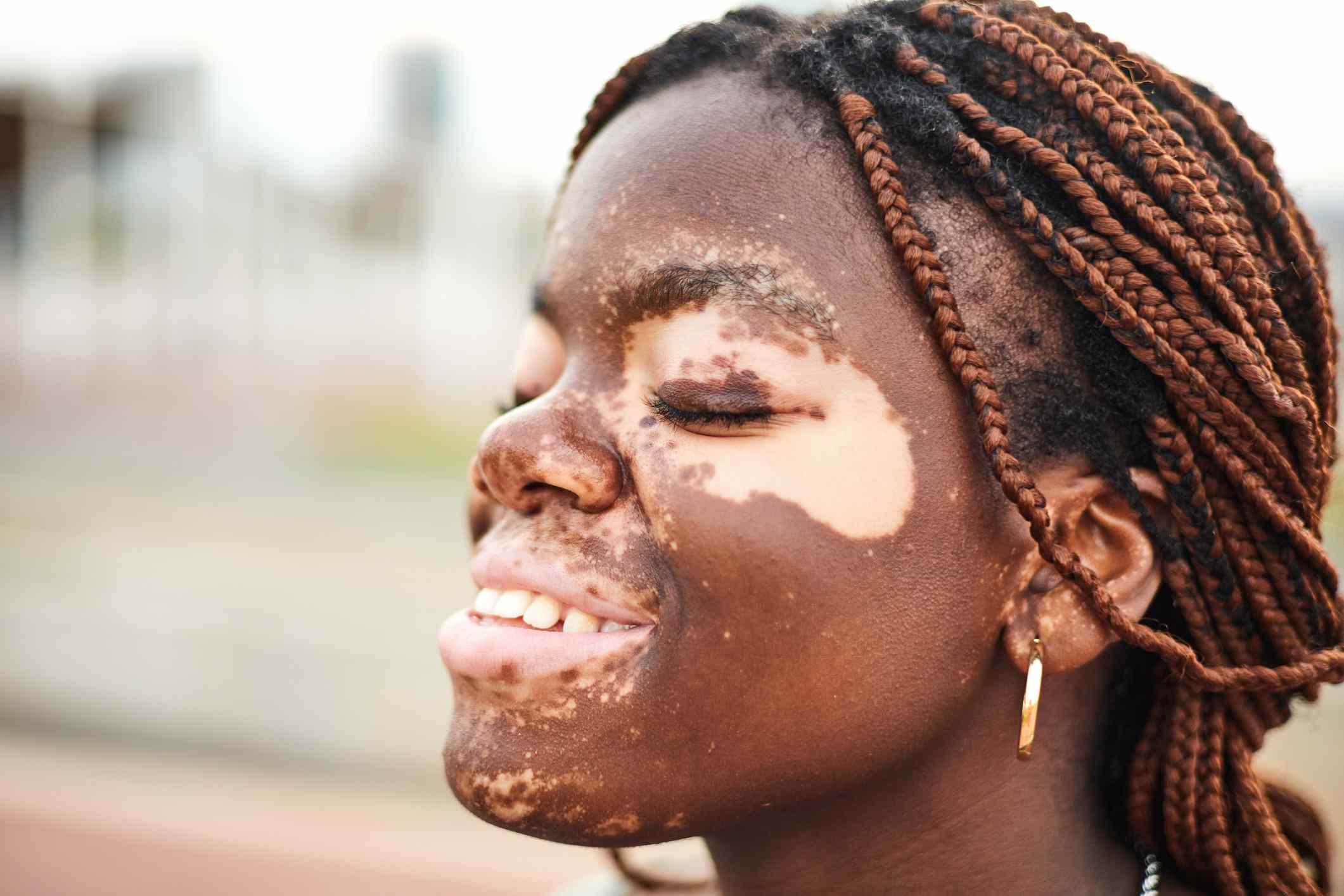
Want Better Sleep? These Are the Only 3 Things You Should Be Doing in Bed
Getting better sleep is important on so many levels. It helps with our cognitive functioning and our mood, while boosting our immunity to stay healthy and giving us the energy we need to tackle our day.
“Sleep is essential to protect our health and mental health and help to facilitate the body’s ability to heal itself from a mind-body perspective,” says Dr. Allie Sharma, adult psychiatrist and Co-Founder & Chief Medical Officer of Being Health. “We know that sleep deprivation can predispose us to being sick, and also increase inflammation. Sleep disruption can also predispose us to feeling anxious or irritable.”
We spoke to Dr. Sharma about what we can do to get better sleep every night and why it starts with being mindful of what we do in bed beforehand.
The 3 Things You Should Use Your Bed For
Dr. Sharma says we should only use our beds for three things: sleep, sex, and sickness. This simple three “S” strategy rule was something she learned in medical training, and says it works if you remain diligent about not including anything else in the mix.
“Try to avoid working or using the bedroom for tasks that are activating and not associated with feeling calm,” she says. These activities can include anything from scrolling through your phone, watching TV, or working in bed.
Allie Sharma, MD
“Use your bed to sleep, for sex and intimacy, and when you are sick and need to rest.”
— Allie Sharma, MD
Using the bedroom for only these three things can help get enough sleep every night—the CDC recommends an average of 7-9 hours. Just be sure to stick with that routine so every night is restful.
“Make sure to go to bed around the same time each night and wake up at the same time each morning,” says Dr. Sharma. “Your room should be calming and set the stage for good sleep.”
Other Ways to Improve Your Sleep Hygiene
Dr. Sharma stresses the importance of allowing your mind and body to unwind before bed to help get to that relaxed state of calm. She suggests trying to relax before bed for at least 30-60 minutes by doing activities like:
Any of these relaxing activities can calm the nervous system, as she puts it, and help prepare us for restful sleep.
How you go about your day is also important for good sleep hygiene. Dr. Sharma says decreasing your alcohol intake can help since too much can disrupt the sleep-wake cycle. She also suggests cutting back on caffeine consumption to before noon, eating well, and making sure not to exercise right before bedtime. These are all good daytime habits that will help prepare for a better night’s rest.
What to Do if You’re Still Having Trouble Sleeping
If you’re still finding that your mind is racing and you’re tossing and turning all night, there is more you can try. “If you follow the steps above and you still are not sleeping well, I would recommend consulting a medical provider to see if there are underlying medical causes,” says Dr. Sharma. Anything from sleep apnea to anxiety can disrupt your sleeping habits.
Dr. Sharma says another course of action can be to consider Cognitive Behavioral Therapy for insomnia (CBT-i) and speak with a medical professional about possible sleep aids and medications you can take.
“Sleep deprivation can have consequences to health and mental health,” says Dr. Sharma. “It’s vital to preserve your sleep at all costs.”










